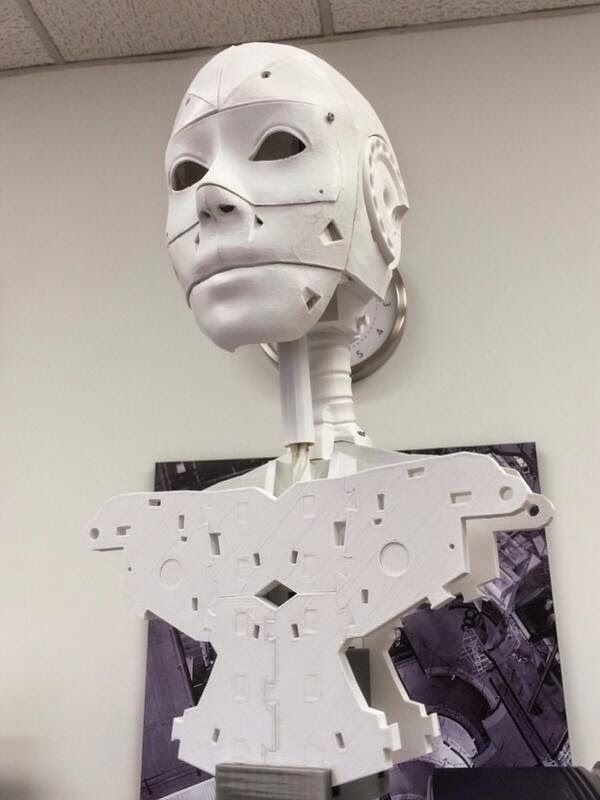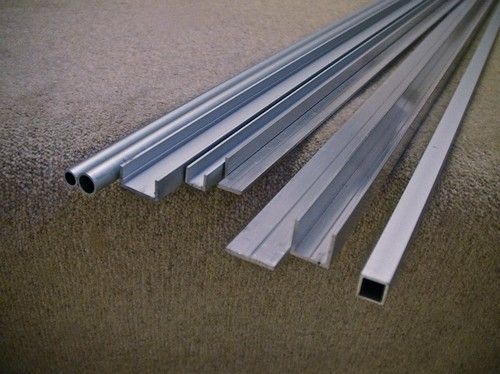With some of the chassis we have in our datacentre, the majority of drive bays are designed for 3.5” HDD, so it’s a pain when we need to configure a lightweight server or appliance with an SSD.
Whilst the chassis can be upgrade or modified to take 2.5” drives, with the prevalence of big and cheap 3.5” drives, there’s no real cost justification. The other frustration, is that the majority of off-the-shelf (aka “the eBay special”) adaptor plates don’t do what we need, or place the 2.5” drive in the wrong location or have expectations for particular mounting styles.
So, what to do?
Yeah, let’s just jump to it (anyway, the title was a bit of a give away). We're now 3D printing all the custom brackets and widgets we need - on-demand and to specification. We're building a library of parts as we go, so if we don't have something exact, we can modify and tweak existing ones. Need a cable slot? Added. Need a zip tie anchor? Done.
Any downsides? As the internal temperatures are nowhere near the melting point of the plastics we use, that issue can be discounted straight away. We've not used any to electrically insulate or where it might bridge terminals - I still need to dig out material datasheets to check the dielectric properties of the plastics, but given how many Pi cases we make and use, we've not seen anything bad happening so far and not likely to in a server case either.
Volume? Well, if the brackets are designed well, then volume isn’t normally an issue. A hulking chunk of plastic is expensive whether 3D printed or mass-produced - if the general practice is to screw an HDD to the chassis plate, then the standard is already set pretty low. Getting the design right is organic, so you start by solving the immediate problem and iterate forward as you go.
As I write this, I’m just waiting for a new bracket to print. We’ve got a number of custom network appliances, which whilst designed to take 1x 3.5” or 2x 2.5” drives, has a bracket that needs a 3.5” drive to hold it together. Pretty dumb really.
Do we want to have custom metal adaptors made for these? We’d need to order circa 200pcs, plus the design and engineering costs for the prototypes. Since we need only 5 sets, don’t think that’s economical.
In 20 min, I’ve been able to draft and model a part to exactly fit the brand of drives, the bizarre mounting points in the chassis and sufficient space for cabling. And 10min later, I have a prototype screwed to an SSD and into the case. Marvellous.
Well, I exaggerate. That’s my second prototype, as I found I placed the SSD mount holes 1mm off axis. That’s an “oops” now, but if it were a box of 200 metal brackets, thats an “Oh f**k sticks, I've just wasted a bundle of money. Arse.”
In an effort to reduce the number of ‘vanity’ parts used in the data centre, we’re printing lots of different pieces in lieu of expensive plastic (or metal) components, to do things from holding LCDs and LEDs to mundane cable management and hard drive mounting. The main rule, is to keep the part functional - I like to think a well designed and engineered item looks good anyway, voiding the need for vanity parts from the outset.
I suppose this just highlights the beauty of on-demand fabrication and manufacture - instead of wasting days and weeks on rather pointless 'projects' (I use the term loosely), in under an hour I can identify a problem, develop a robust solution and be onto the next task. Nice.
Edit: on a side note and extending the idea of on-demand fabrication for production not just prototyping; Google's new modular concept phone, Project Ara, would be 3D printed using production grade machines they're designing.
You might also like






